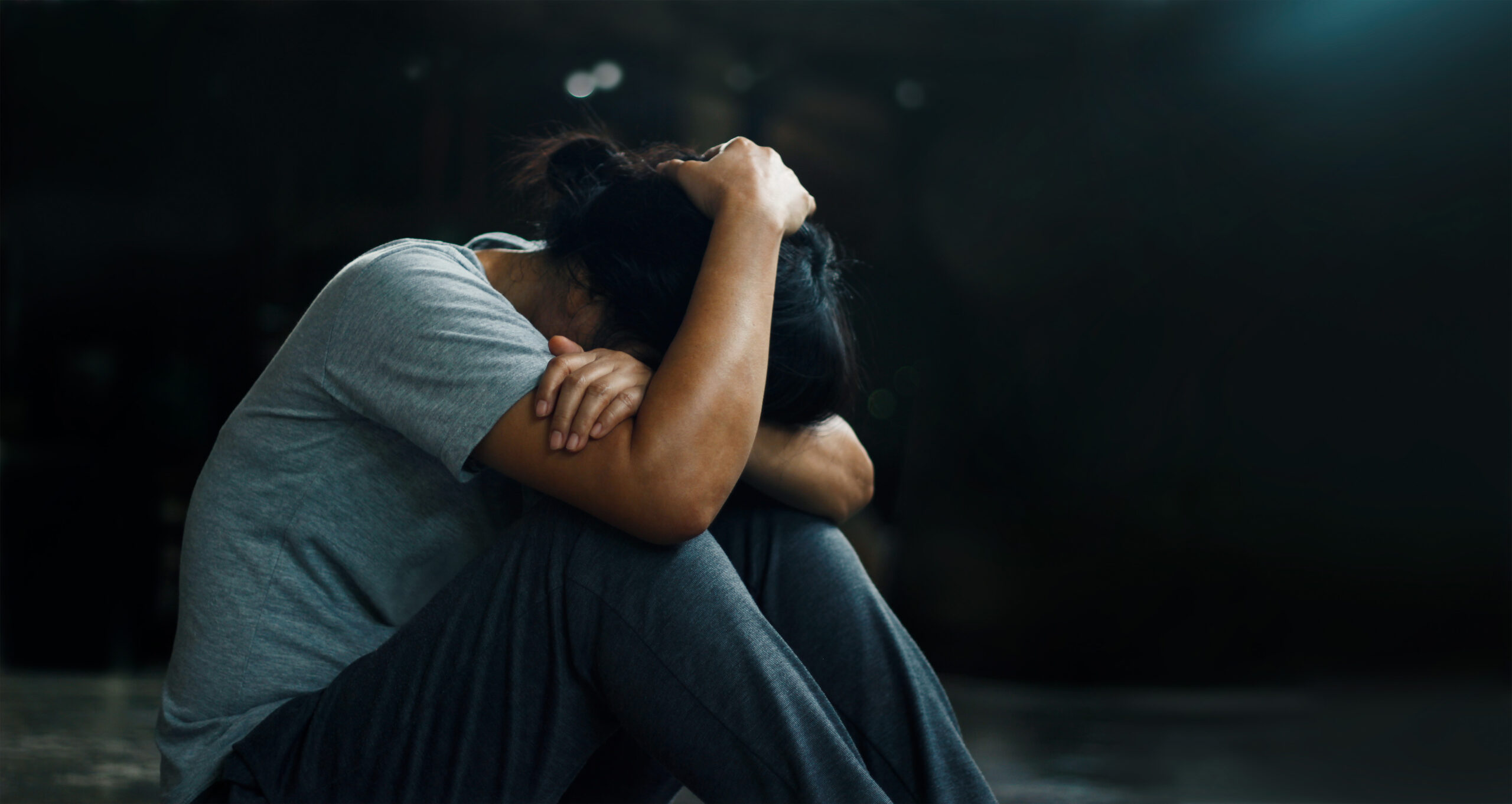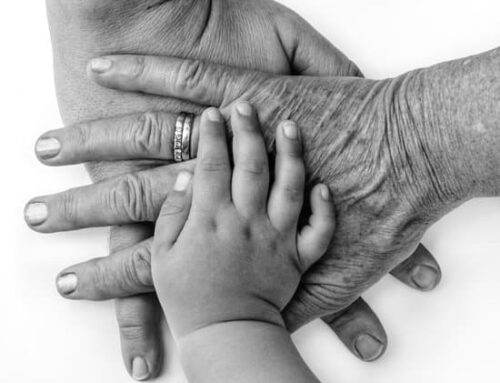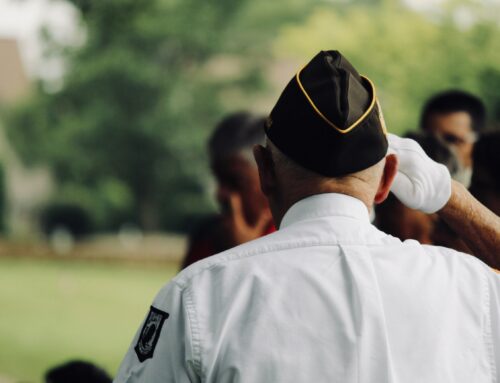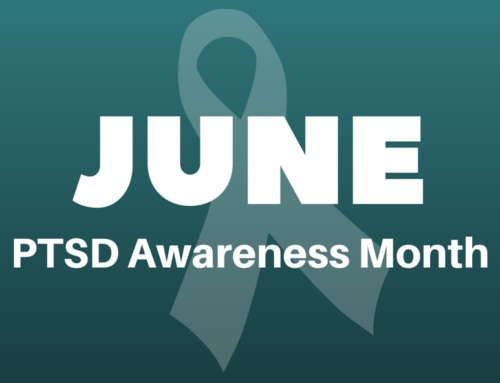By: Patti Dean, LCSW
Coronavirus. The Black Lives Matter movement. Protests, an overtaxed health care system, unemployment, death. With so much uncertainty, this is a scary time for our country and the world. Many people are expressing feelings of anxiety, fear, and trauma. As we move forward, we wonder what life will look like in our new normal.
In the 1990’s psychologists Richard Tedeschi, Ph.D. and Lawrence Calhoun, Ph.D. researched the impact of trauma and the long-term outcomes following an immediate drop in emotional functioning. They found that people suffer after a traumatic event. They also found that for many people, something else happens after suffering. They estimated that one half to 2/3 of people experience post-traumatic growth (PTG), and the capacity to thrive following adversity.
Post Traumatic Growth is what can happen when someone experiences a traumatic event that challenges her or his core beliefs, endures a mental health crisis, and eventually experiences a sense of personal growth. To measure PTG Tedeschi, and Calhoun created a self-report called the Post-Traumatic Growth Inventory (Journal of Traumatic Stress, 1996). It looks for positive responses in five areas:
• Appreciation of life.
• Relationships with others.
• New possibilities in life.
• Personal strength.
• Spiritual change.
Can PTG be one of the aftereffects of this uncertain time? As individuals, we may develop more resiliency and confidence. The stay at home order has led to a decrease in activity and a deepening appreciation of family and relationships.
There may be communal growth as well. Watch the news; people appear to be valuing each other more and appreciating differences. Despite social distancing, we seem to be feeling more empathy for each other and acting more altruistically. Perhaps post-traumatic growth will occur at a macro level too. One of the most salient aspects of this time is its global nature. This struggle reminds us of the commonality of the human experience, and we see that differences in nationality, ethnicity, and religion are meaningless labels. We are all in this together.
Be hopeful that something good can come from this time. One day, we may look back and witness the growth that took place.
Source: Richard Tedeschi, PhD, and Lawrence Calhoun, PhD, Journal of Traumatic Stress, 1996





